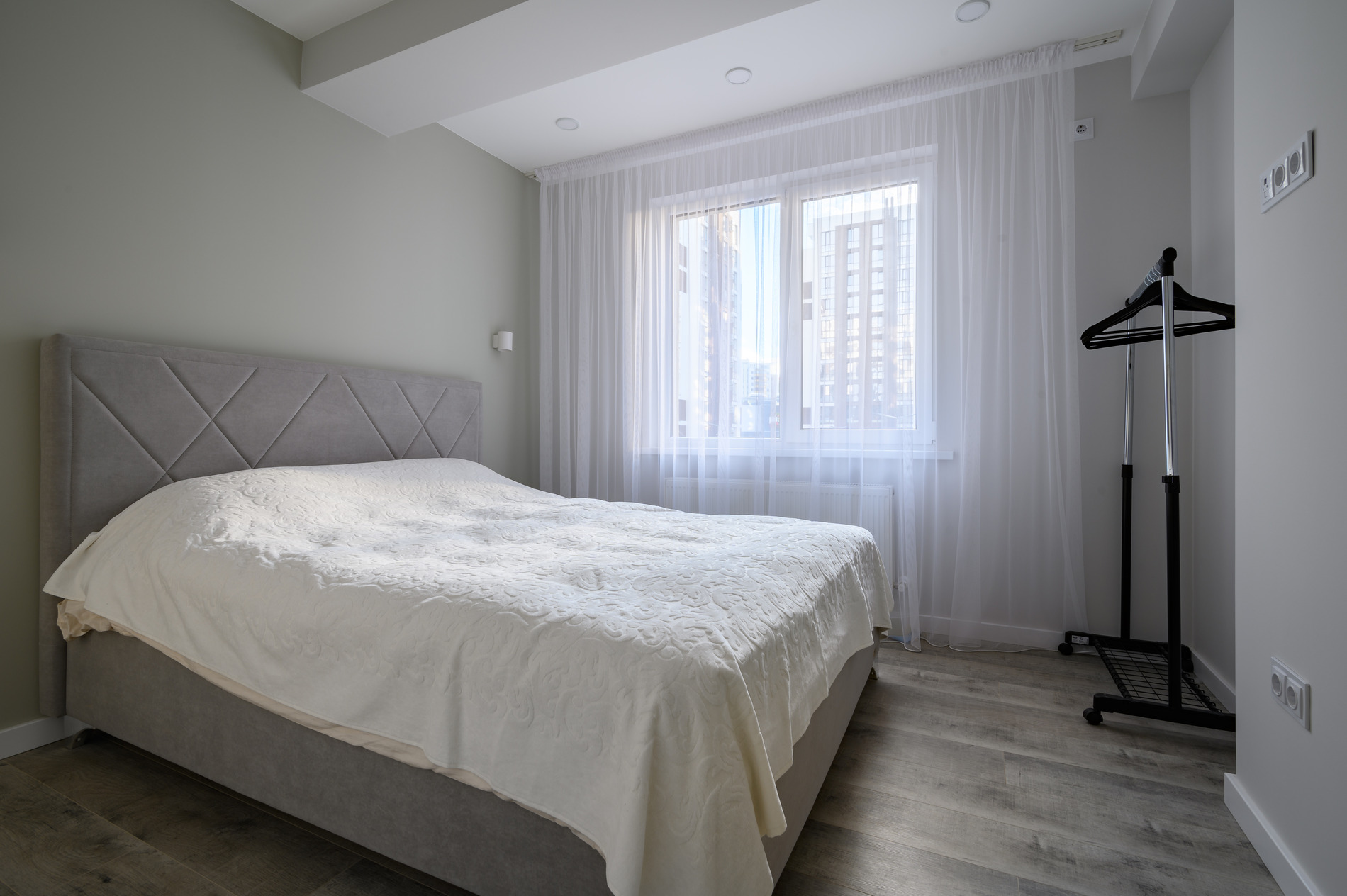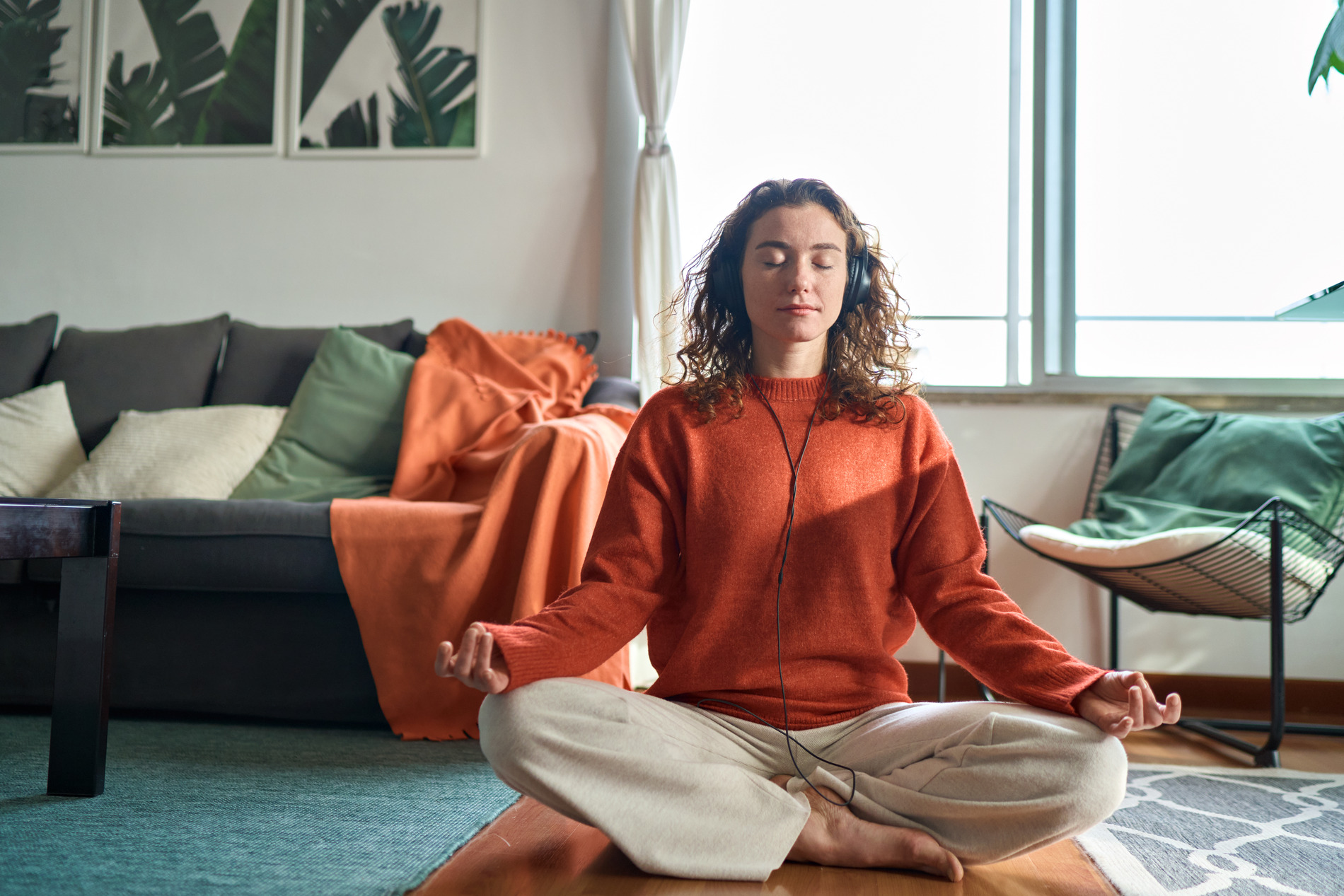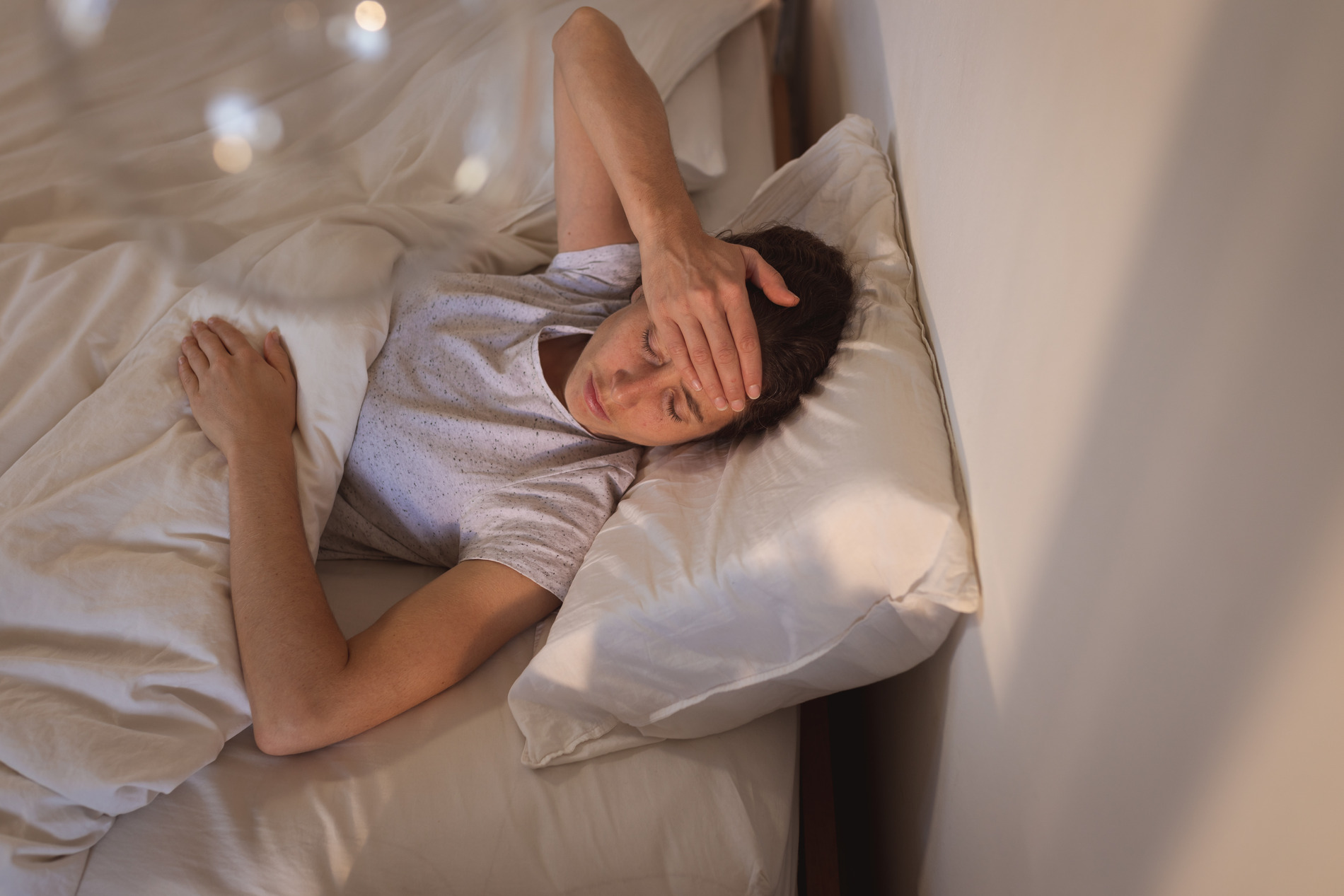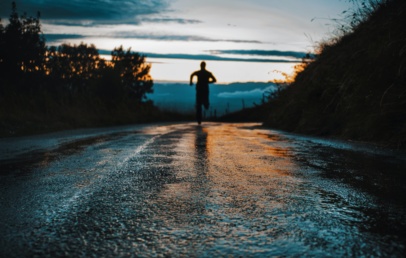
Amazing Hacks to Stick to Your Routine
Struggling to fall asleep on time? You’re not alone! Whether it’s stress, screen time, or just a restless mind, getting a consistent sleep schedule can be tough. But don’t worry—these 19 simple hacks will help you reset your sleep routine, fall asleep faster, and wake up feeling refreshed!
1. Set a Consistent Sleep Schedule

Your body thrives on routine, and having a set bedtime and wake-up time helps regulate your circadian rhythm. Going to bed and waking up at the same time every day—even on weekends—helps you fall asleep faster and wake up feeling refreshed. When your sleep schedule is all over the place, your body gets confused, making it harder to doze off. Try sticking to a schedule for a week, and you’ll notice the difference!
2. Avoid Caffeine Late in the Day

Caffeine is great for boosting energy, but it lingers in your system for 6-8 hours, meaning that afternoon coffee or soda could still keep you up at bedtime. Instead of coffee or tea in the evening, switch to herbal tea, warm milk, or just plain water. If you absolutely need an energy boost later in the day, try a short walk, stretching, or a light snack instead.
3. Create a Wind-Down Routine

Your body needs a signal that it’s time to sleep, and having a pre-bedtime routine can help. About 30-60 minutes before bed, start winding down by reading a book, journaling, meditating, or doing some light stretching. Avoid anything too stimulating—this is not the time to scroll social media or start an intense workout! Having a set routine helps train your brain to recognize that it’s bedtime.
4. Dim the Lights in the Evening

Bright lights delay melatonin production, making it harder for you to feel sleepy. If you’re blasting overhead lights right up until bedtime, you’re basically telling your body it’s still daytime. About an hour before bed, switch to warm, dim lighting, such as bedside lamps or candles. If possible, avoid using fluorescent or LED lights right before sleeping, as they emit blue light that keeps your brain alert.
5. Cut Down on Screen Time

Your phone, tablet, and TV emit blue light, which tricks your brain into staying awake. Scrolling through social media or watching TV before bed keeps your mind active and delays sleepiness. If you can’t avoid screens before bed, try using a blue light filter or night mode on your device. Even better? Switch to a book, relaxing music, or a sleep podcast to help ease your brain into rest mode.
6. Keep Your Bedroom Cool

Your body naturally lowers its temperature as you prepare for sleep, so keeping your room too warm can make it harder to fall asleep. The ideal sleeping temperature is between 60-67°F (15-19°C). If your room is too hot, try using a fan, opening a window, or switching to breathable cotton sheets. A cool environment helps you fall asleep faster and stay asleep longer.
7. Make Your Bed a Sleep-Only Zone

If you use your bed for work, watching TV, or scrolling through your phone, your brain won’t associate it with sleep. Your bed should be a signal for rest, not a multi-purpose space. If you can, keep activities like eating, working, and screen time outside your bed, so when you finally lie down, your body knows it’s time to sleep.
8. Try the 4-7-8 Breathing Method

If you struggle to relax at night, controlled breathing can help slow your heart rate and calm your nervous system. The 4-7-8 method is simple:
- Inhale through your nose for 4 seconds
- Hold your breath for 7 seconds
- Exhale slowly through your mouth for 8 seconds
Repeat this a few times, and you’ll start feeling more relaxed and ready for sleep.
9. Limit Long Naps During the Day

Naps can be great for recharging energy, but sleeping too long during the day confuses your body clock. If you need to nap, keep it under 30 minutes and avoid sleeping too late in the afternoon. If you’re struggling with staying awake during the day, get some sunlight or drink water instead of napping too long.
10. Exercise, But Not Too Late

Physical activity helps you fall asleep faster and sleep more deeply, but if you work out right before bed, the post-exercise energy rush can make it harder to wind down. Try to exercise at least 3-4 hours before bedtime, so your body has time to relax.
11. Reduce Liquid Intake Before Bed

Drinking too many liquids before bed can cause frequent bathroom trips, interrupting your sleep. Try to cut off liquids about an hour before bedtime, and if you need a drink, take small sips instead of chugging a whole glass.
12. Watch Your Dinner Timing

Eating heavy meals right before bed can cause indigestion, bloating, and acid reflux, making it uncomfortable to sleep. Try to eat dinner at least 2-3 hours before bedtime, and if you need a snack, go for light options like a banana, yogurt, or a handful of almonds.
13. Try White Noise or Relaxing Sounds

Some people sleep better with background noise, like a fan, white noise machine, or calming nature sounds. White noise helps block out distractions and creates a steady, soothing environment for better sleep.
14. Meditate or Practice Mindfulness

Stress and an overactive mind are the biggest reasons people struggle to sleep. A few minutes of guided meditation, deep breathing, or light stretching can help relax your brain and prepare it for sleep.
15. Write Down Your Thoughts

Racing thoughts can keep you up at night, especially if you’re worried about tomorrow’s to-do list. Keep a journal by your bed to write down thoughts, worries, or even positive affirmations before sleeping. This helps clear your mind and reduce anxiety.
16. Get Some Sunlight in the Morning

Natural light in the morning helps reset your body’s internal clock, making it easier to sleep at night. Try to spend at least 10-30 minutes outside after waking up, whether it’s sipping coffee by a window or taking a short walk.
17. Use Lavender or Sleep-Inducing Scents

Lavender, chamomile, and sandalwood have been shown to promote relaxation and deeper sleep. Use essential oils, pillow sprays, or herbal teas before bed for a natural, calming effect.
18. Don’t Force Sleep—Get Up If Needed

Lying in bed for hours staring at the ceiling can make sleep even harder. If you can’t fall asleep after 20 minutes, get up and do a relaxing activity like reading or deep breathing until you feel drowsy.
19. Make Your Bed First Thing in the Morning

This simple habit signals the start of your day and makes going to bed at night more inviting. A clean, cozy bed can make falling asleep on time easier! Plus, it adds a sense of accomplishment to your morning.
Final Thoughts
Getting better sleep doesn’t have to be complicated—with these 19 simple hacks, you can train your body to fall asleep on time and wake up feeling refreshed.




